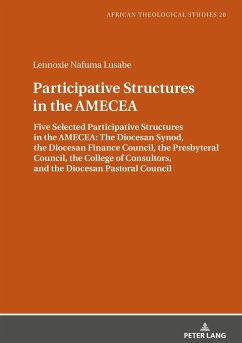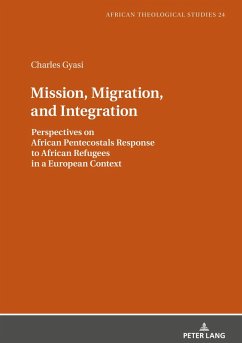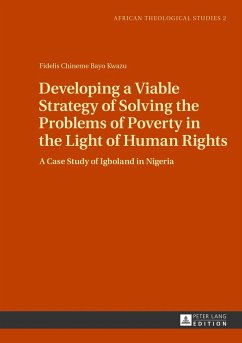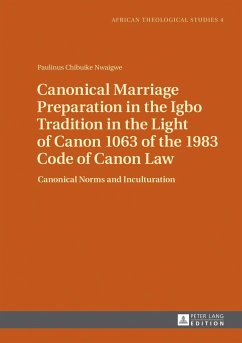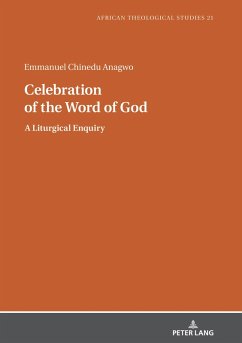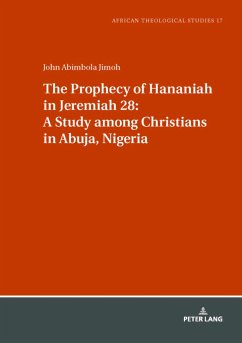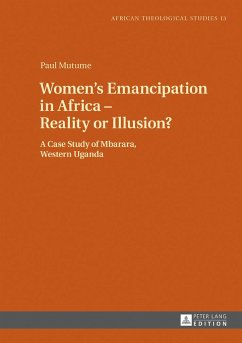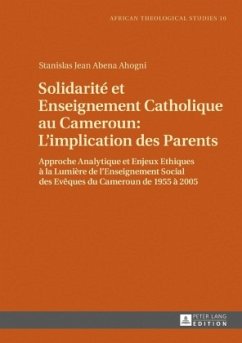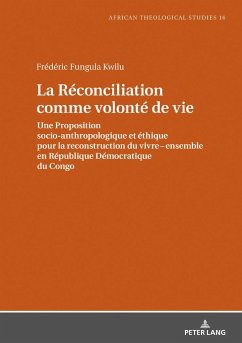
Shame in the Individual Lament Psalms and African Spirituality
Versandkostenfrei!
Versandfertig in 6-10 Tagen
70,50 €
inkl. MwSt.

PAYBACK Punkte
0 °P sammeln!
The book explores how the rhetorical function of «bôs» («shame») and its cognates within twelve Individual Lament Psalms (ILP) reflect persuasive responses aimed at enhancing the relational spirituality of the psalmist. It argues that the Hebrew terminology of «bôs» is used as a response to enhance a spirituality of relatedness. The author argues that the plea for positive shame is to enhance positive spirituality that leads to changes of attitude, repentance, faithfulness, self-knowledge, and wholeness. Negative shame influences negative spirituality that leads to destruction and unwo...
The book explores how the rhetorical function of «bôs» («shame») and its cognates within twelve Individual Lament Psalms (ILP) reflect persuasive responses aimed at enhancing the relational spirituality of the psalmist. It argues that the Hebrew terminology of «bôs» is used as a response to enhance a spirituality of relatedness. The author argues that the plea for positive shame is to enhance positive spirituality that leads to changes of attitude, repentance, faithfulness, self-knowledge, and wholeness. Negative shame influences negative spirituality that leads to destruction and unworthiness. The volume reflects African Christian spirituality elucidating the psalmist's perception of positive shame.





